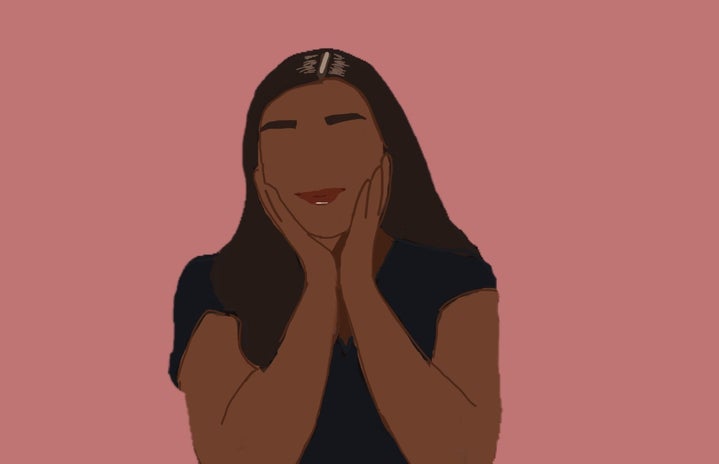I’ve never known what it’s like to have relatives from a foreign country.
Or smelled Caldo de Pollo wafting through the air on a hot, summer day. Never have I ever spoke a lick of Spanish like what most people assume about me and my “native” language. In reality, I speak a mix of the same drawl of a stereotypical Texan and a valley girl. In my family, Spanish was the language you spoke when the kids weren’t allowed to hear what you were saying. As decades went by, this rule was stripped further and further away until it finally went extinct by the time my parents had me.
I feel distant from my culture, the neighbor next door to my land. The appreciation my friends have towards their heritage is something I’d like to feel happy about one day.
I never liked to consider myself Latina because what was Latina about me? I grew up watching the stereotype of the Latina; feisty, accent-heavy, sexually active, foreign. These harmful characteristics not only set back who I was but every girl who struggled with latinidad.
No, I wasn’t that.
I was friendly and sweet like the girl next door. At times, my social battery ran out, which completely shuts myself down in the middle of a hangout session. I’m in love with the idea of love and experienced lust all at the same time. Being a college student has helped me shape who I am as an individual. I was a separate being in charge of my political thoughts and my social views. I’m not allowed to speak out, no, I am allowed to be me. Finally.
I vow to take control of my Mexican heritage, the heritage I never felt growing up. I finally understand that although I don’t fit the stereotype, it doesn’t erase who I am. It’s the same struggles as Selena Quintanilla faced as an American dominating a Mexican-American genre. Or like Gloria Anzaldua creating a feminist and queer identity among borderland Texas.
Despite the empty feeling I have towards my heritage, I am accepting the idea of whitewashed. Generations of my family buried their accents, anglicized their Spanish names, and became honest workers. But beneath the whitewash (or the American heritage), is a Latina who is bound to be reclaimed.


